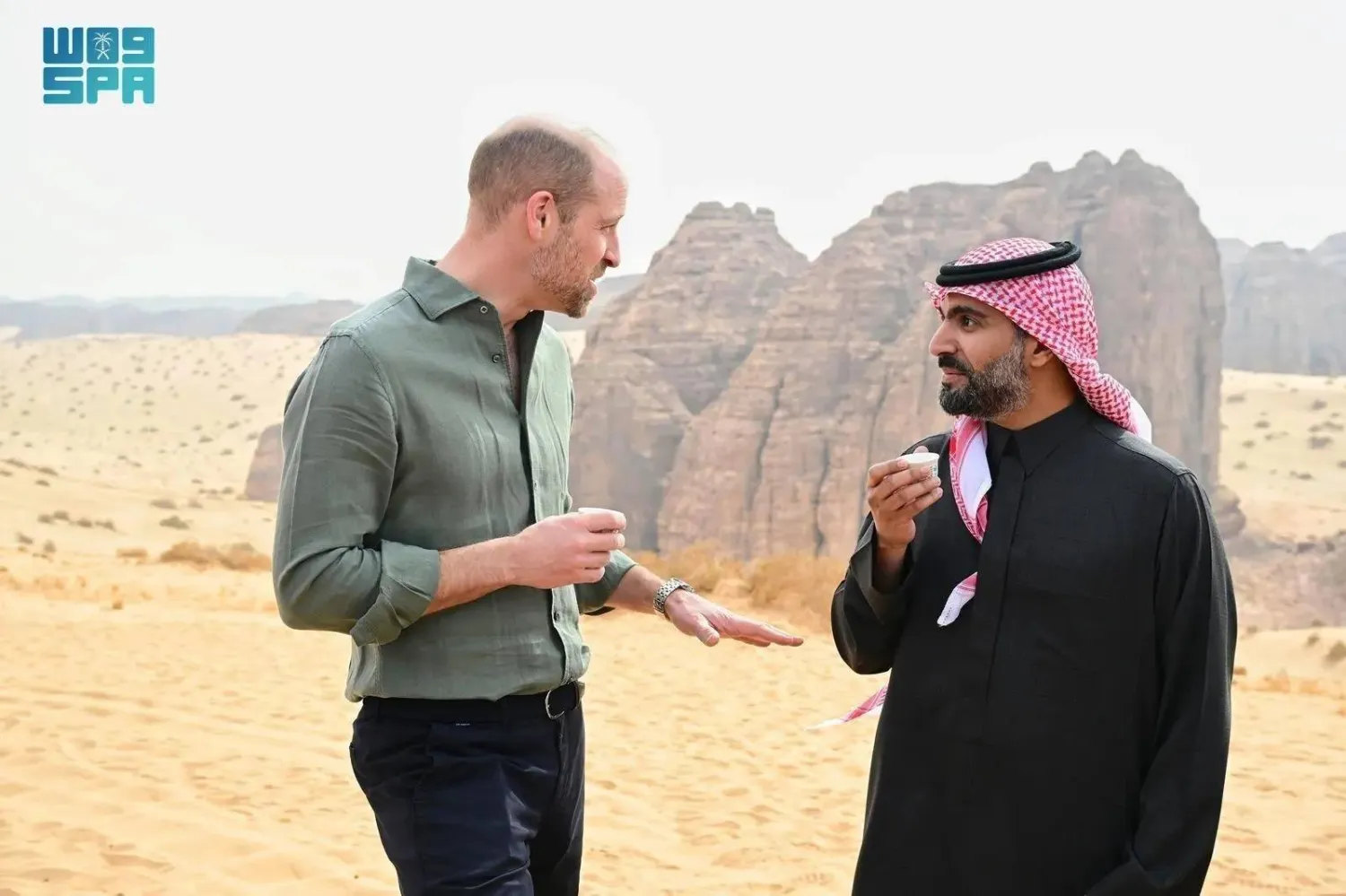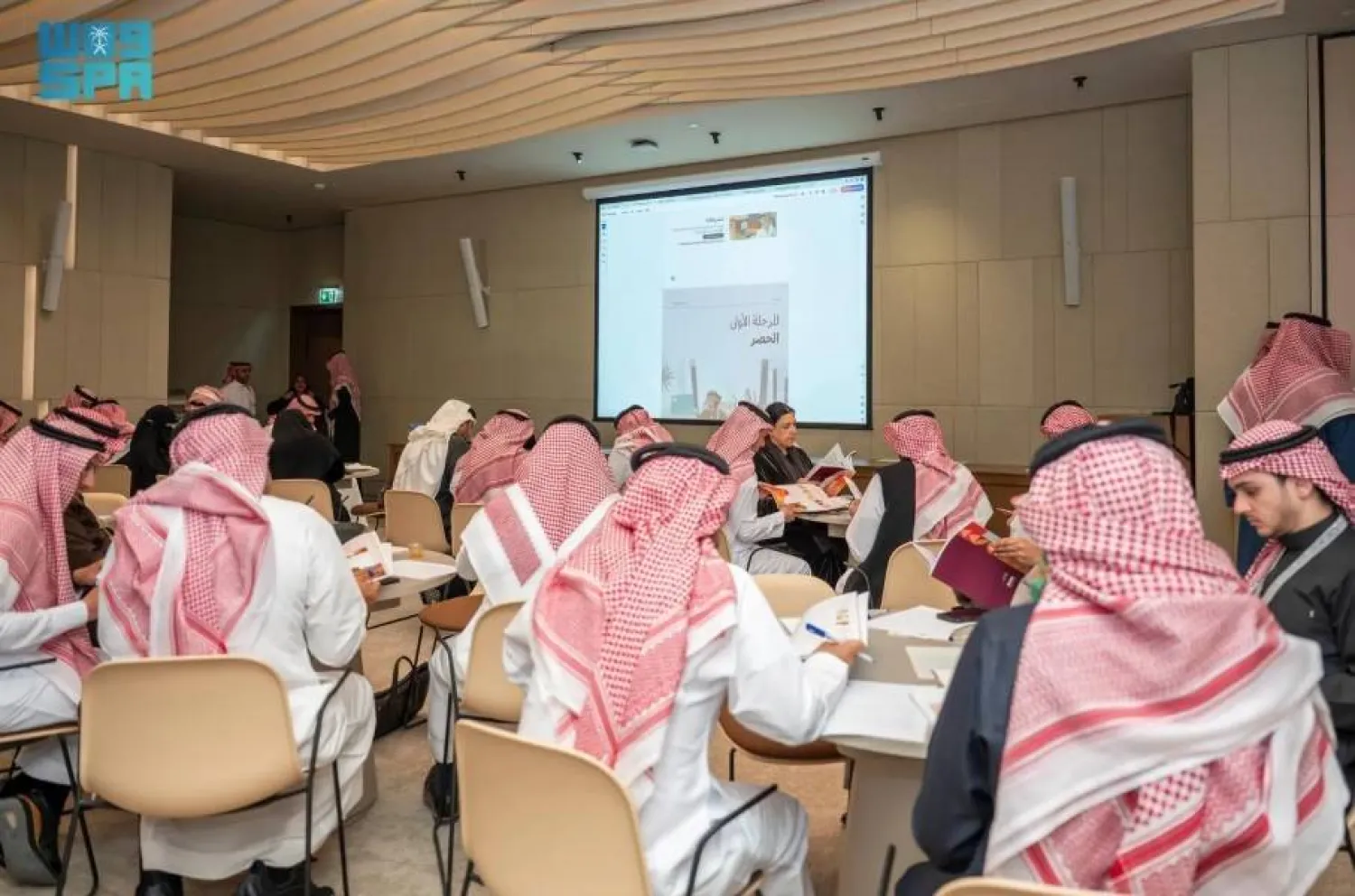The Saudi Literature, Publishing, and Translation Commission organized a seminar titled "The Role of the Kingdom of Saudi Arabia in Teaching Arabic in Korea" at the Seoul International Book Fair 2024, where the Kingdom was the guest of honor.
Cultural attaché at the Saudi embassy, Dr. Abdulaziz bin Abdulrahman Al-Dayel attended the event.
Al-Dayel highlighted the history of the Arabic language and the great attention the Kingdom pays to serving this language.
He noted that Arabic is one of the Semitic languages and was divided into several languages until the Holy Quran was revealed in classical Arabic. This language was spoken by the tribes of Quraysh, Tamim, Hawazin, and Azd, thus ending linguistic differences in the Arabian Peninsula.
Saudi Arabia has shown immense interest in the Arabic language, as evidenced by Article 1 of the Basic Law of Governance, which identifies the Kingdom as an Arab Islamic state, he continued.
He stressed that the Kingdom had played a prominent and significant role in recognizing Arabic as a global language at the UN, making it one of the six official languages globally. This led to celebrating the UN Arabic Language Day, held annually on December 18.









